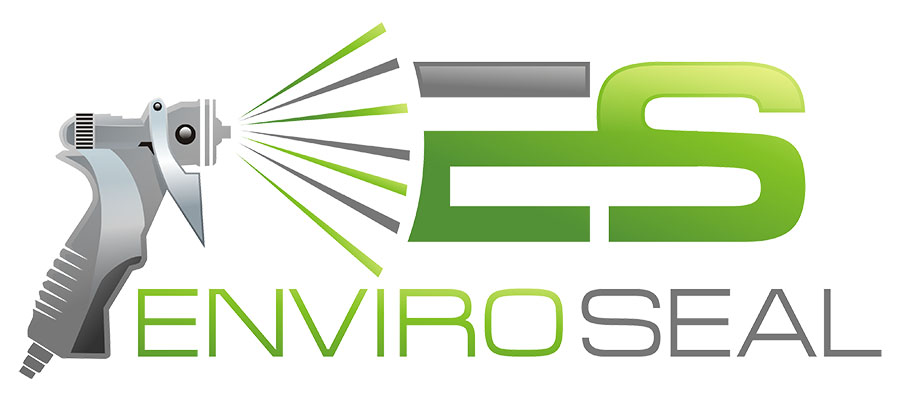
Polyurethane Insulation
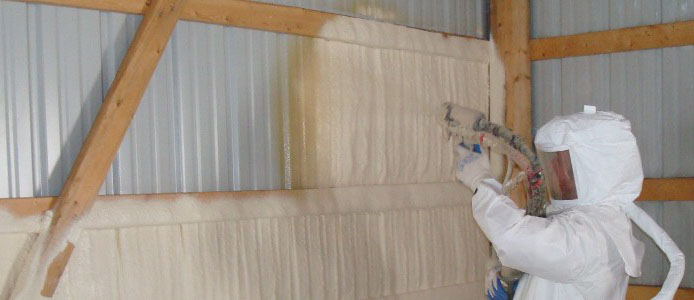
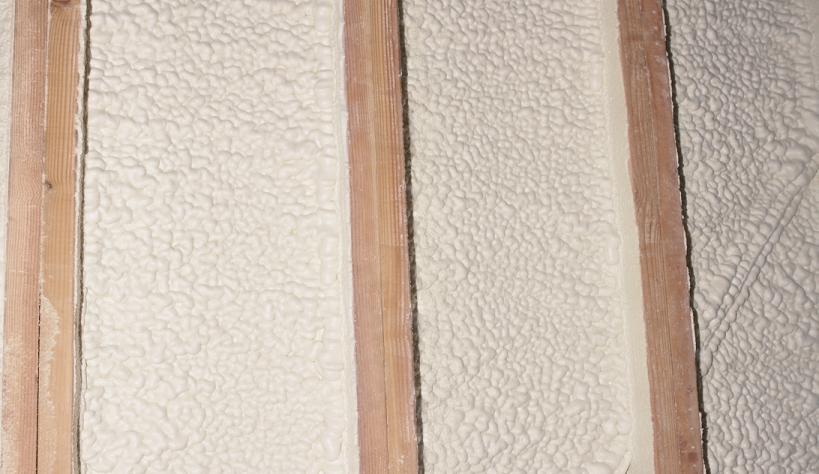
Shrinks Energy Bills • Recognized Quality • Superior Thermal Performance
Spray Polyurethane Foam (SPF) insulation is rigid, lightweight, flexible, wind resistant, and effective in extreme temperatures and weather conditions. When applied,
SPF adheres immediately and expands from 20 to 120 times of its liquid volume.
SPF insulations offer more consistent insulation performance (R-value) and other advantages over alternative insulation systems, due to SPF’s ability to provide an integral air barrier, and in the case of close-cell spray foam, water vapor resistance. SPF products also offer good acoustic performance.
When SPF is created, a blowing agent is combined with liquid polyurethane raw materials, which creates a foamed material composed
of small bubbles or cells. The two components join under pressure as they are sprayed on to building assemblies. As the mixture cures, the cells burst (open cell) or remain intact (closed cell).
Custom Polyurea Applications
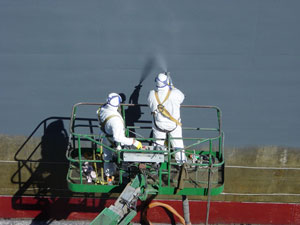
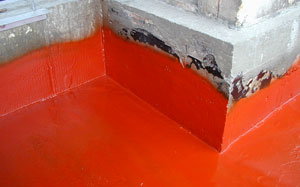
Polyurea protective coatings are commonly used for the following reasons:
• Abrasion Resistance
• Corrosion Protection
• Waterproofing
• Chemical, Environment or Atmospheric Resistance
• Decoration
• Structural Enhancement
• For decades, traditional materials such as paint, epoxy, fiberglass and vinyl esters have all been used to perform these various types of protective coating applications.
Polyurea coating technology is not new. In fact it has been around and in use for almost three decades now. Polyurea is newer and more advanced than these traditional coating systems and offers many advantages to the owner, specifier and contractor.
These advantages come mainly in the form of achievable physical properties, and its fast set, return to service characteristics. It can also be applied over a variety of different substrates (concrete, metals, wood and more) in a wide range of temperature and humidity environments. However, like all protective coatings, polyurea is no excuse not to perform proper surface preparation and quality control testing during application.
Polyurea’s major benefit is its fast set nature. It can typically return an area to service many times faster than traditional coatings, allowing the owner to put the facility back in use without days and weeks of revenue losing down-time. Down time for maintenance and coatings on water tanks, waste-water clarifiers, parking garages and chemical storage tanks costs the facility owner a great deal of money since these areas must be taken out of service while other coatings are applied and drying.
Most industrial use polyureas are spray applied, so it is fast to apply and accurately proportioned and mixed. This application style allows for virtually any mil thickness to be applied in one or multiple passes. Additional characteristics such as slip resistant additives and surface textures can also be incorporated, UV stable colors can be achieved, and even NSF potable water approved systems are also possible with polyurea.
Almost no coating can compare to polyurea when it comes to attainable physical properties. Polyureas can be formulated to achieve a tremendous range of properties from high elongation to superior tensile strength to hard or soft, all based on how the materials is formulated and correctly applied.
Enviroseal ~ Post Office Box 61 ~ Danvers, Illinois 61732 ~ 309.275.6303 ~ jordan@envirosealillinois.org
